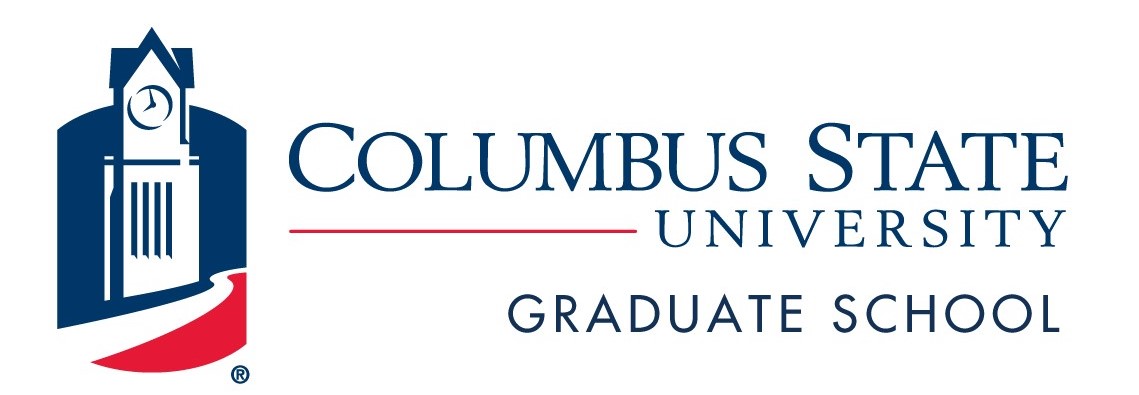Vaccine Hesitancy Among Individuals with Severe Mental Illness and/or Substance Abuse Disorder
Presentation Type
Event
Location
Columbus State University
Start Date
3-11-2022 3:30 PM
Description
The Center for Health Disparities collaborated with New Horizons, a local non-profit organization that governs Behavioral Health and Developmental Disabilities in the West Central Region to implement the community vaccine assessment to serve adults with Severe Persistent Mental Illness and/or Substance Use Disorder in Columbus, Georgia. Evidence supports that adults with mental health disorders have a reduced amount of 10 to 25 years of life expectancy and do not receive the same levels of care and treatment for physical health as the general population. The COVID-19 pandemic has exacerbated the existing issues with health inequities for those with mental health disorders which results in a major health disparity in the local community of Columbus, Georgia. Therefore, the purpose of this assessment was to increase awareness of local vaccination services, strengthen community/regional response to participation in local vaccination services, and ultimately, reduce health disparities and improved health status of persons living with a Severe Persistent Mental Illness and/or Substance Use Disorder. As a result, we collected N=109 surveys and found that 46% of participants have a fear of getting COVID-19 and 47% of participants believe the COVID vaccine is an effective preventative method. However, only 35% of participants want to receive the vaccine as soon as possible while 17% are still unsure. Additionally, 46% of participants believe they do not receive enough information on the vaccine and its safety. Thus, our results indicate there is a need for educational resources for this underserved population.
Vaccine Hesitancy Among Individuals with Severe Mental Illness and/or Substance Abuse Disorder
Columbus State University
The Center for Health Disparities collaborated with New Horizons, a local non-profit organization that governs Behavioral Health and Developmental Disabilities in the West Central Region to implement the community vaccine assessment to serve adults with Severe Persistent Mental Illness and/or Substance Use Disorder in Columbus, Georgia. Evidence supports that adults with mental health disorders have a reduced amount of 10 to 25 years of life expectancy and do not receive the same levels of care and treatment for physical health as the general population. The COVID-19 pandemic has exacerbated the existing issues with health inequities for those with mental health disorders which results in a major health disparity in the local community of Columbus, Georgia. Therefore, the purpose of this assessment was to increase awareness of local vaccination services, strengthen community/regional response to participation in local vaccination services, and ultimately, reduce health disparities and improved health status of persons living with a Severe Persistent Mental Illness and/or Substance Use Disorder. As a result, we collected N=109 surveys and found that 46% of participants have a fear of getting COVID-19 and 47% of participants believe the COVID vaccine is an effective preventative method. However, only 35% of participants want to receive the vaccine as soon as possible while 17% are still unsure. Additionally, 46% of participants believe they do not receive enough information on the vaccine and its safety. Thus, our results indicate there is a need for educational resources for this underserved population.

